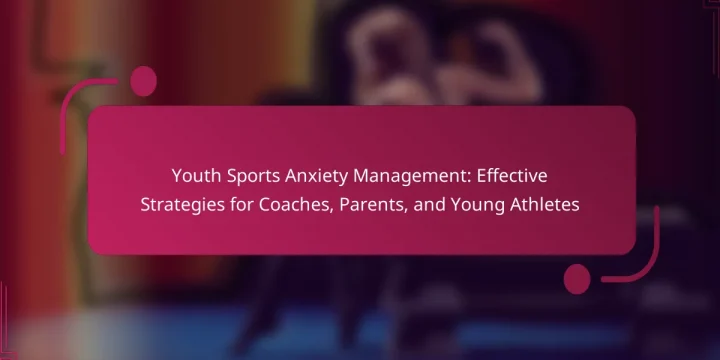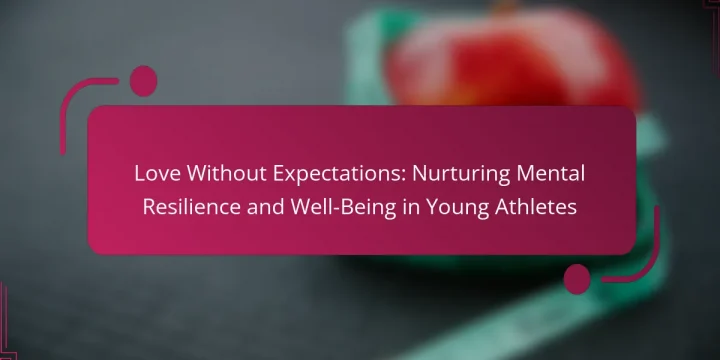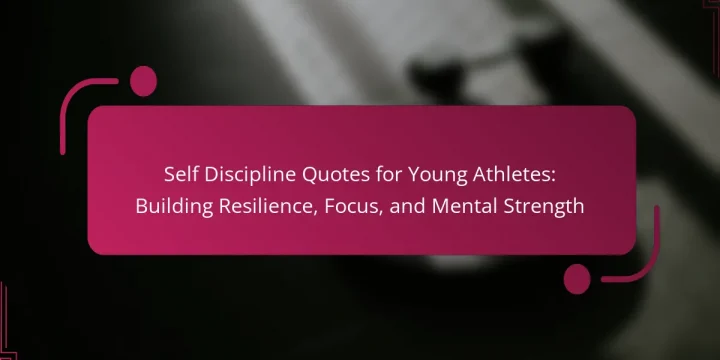
Moral integrity in youth sports fosters resilience and confidence, crucial for mental wellbeing. Adhering to ethical standards enhances self-worth and builds positive relationships with coaches and teammates. Young athletes with moral integrity experience lower anxiety levels and higher satisfaction in their sports participation. They also gain valuable life skills like accountability and empathy, leading to improved mental health outcomes. How Does Moral Integrity Impact Mental Wellbeing in Youth Sports? Moral integrity significantly enhances mental wellbeing in youth sports by fostering resilience and confidence. When young athletes adhere to ethical standards, they develop a strong sense of self-worth and purpose. This integrity promotes positive relationships with coaches and teammates, contributing to a supportive environment. Studies show that youth who exhibit moral integrity are more likely to experience lower levels of anxiety…








